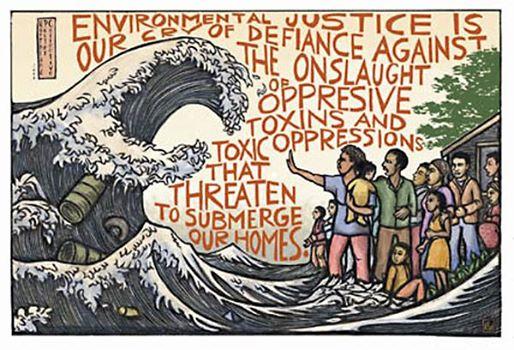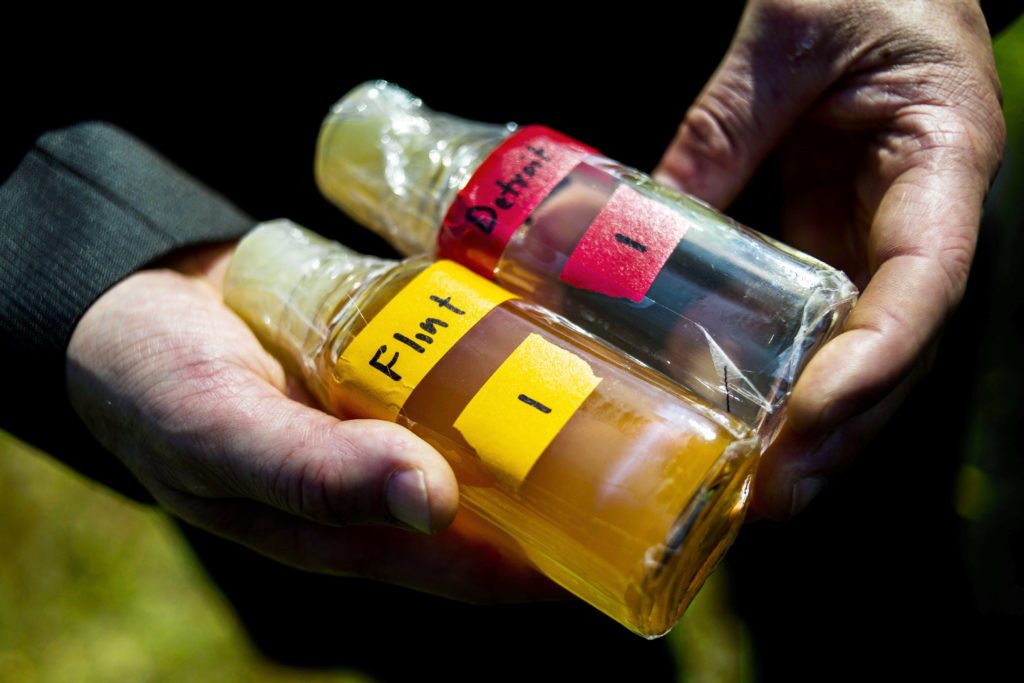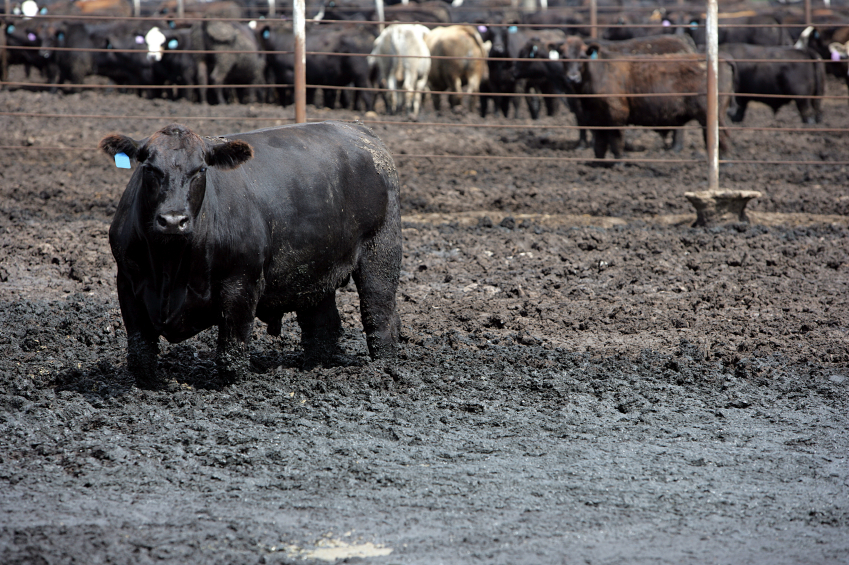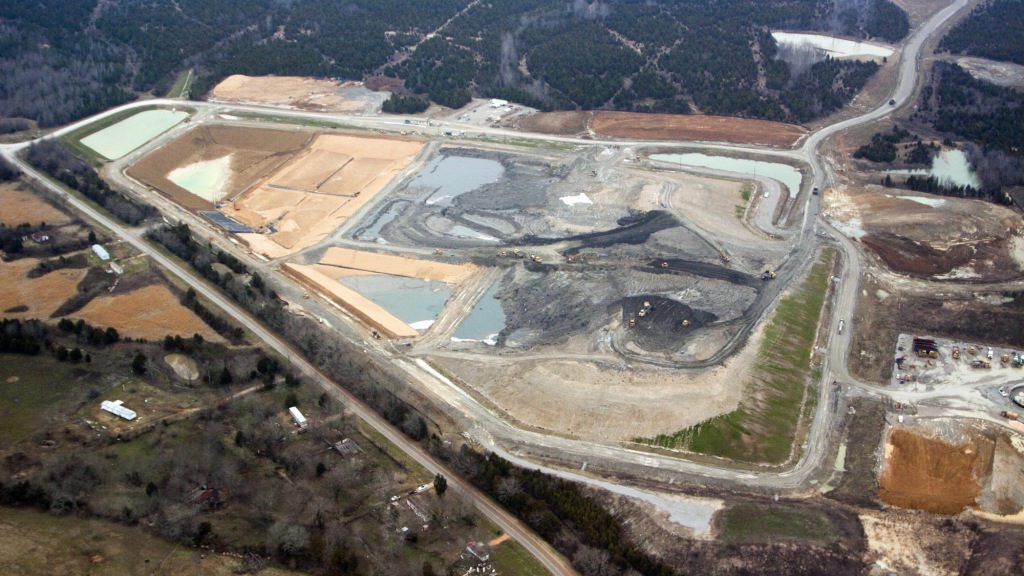Many of us in the United States have grown accustomed to the typical lifestyle of the 21st century, which includes daily activities such as purchasing food at the grocery store, having indoor plumbing, consistently throwing away trash and using oil for transportation and electricity.
Unaware of the impacts of these actions, we often fail to realize that the planet is being drained of its resources, thus making it extremely hazardous to live in.
The actions of the privileged are affecting poor, minority communities, who do not have equal access to such luxuries. In other words, the people who are contributing the least to climate change and environmental challenges are the ones being most affected by their impacts.
A 2002 study by Lehman College defines environmental injustice “as the disproportionate exposure of communities of color and the poor to pollution, and its concomitant effects on health and environment, as well as the unequal environmental protection and environmental quality provided through laws, regulations, governmental programs, enforcement, and policies” (1).

People in power are abusing minority communities across the nation in pursuit of profit and economic benefit.
Below are some environmental challenges that minority communities face:
Water
Flint, Michigan, the country’s poorest city for its size, with 40 percent of people living below the poverty line, has not had access to clean water since 2014–when the city changed its source of water to spend less money. The water from this new source eroded the pipes in Flint, and the water that runs through these pipes has become heavily contaminated with lead.
Below are some of the impacts this has caused the people of Flint:

- There was an outbreak of Legionnaires’ disease (a severe form of pneumonia) that killed 12 and sickened at least 87 people between June 2014 and October 2015. (2)
- In Flint, nearly 9,000 children were supplied lead-contaminated water for 18 months. (2)
- Low levels of lead can result in behavior and learning problems, lower IQ, hyperactivity, and slowed growth, to name a few.
- Why Flint still doesn’t have clean water after 4 years | AJ+
Confined Animal Feeding Operations (CAFO)
A CAFO is a factory farm that houses a huge amount of animals in a concentrated space. Many CAFOs have been known to have poor waste management and widespread use of pesticides. A majority of CAFOs are located in low-income communities, and with improper waste management, the manure runoff is affecting the community’s air and water.
Here are some of the impacts of living close to a CAFO:


- CAFO waste is usually not treated to reduce disease-causing pathogens, nor does it remove chemicals, pharmaceuticals, heavy metals or other pollutants. (3)
- Infestations of flies, rats, and other vermin are commonplace around CAFOs and therefore around CAFO neighbors. (3)
- When phosphorus and nitrogen are over applied to fields, the nutrients can move through the soil into field tiles to surface water, or through the soil to groundwater and drinking water. (3)
- Community health impacts of factory farms: Steve Wing at TEDxManhattan 2013
Landfills
Alabama has become a state known for its dumping grounds. It has over 173 operating landfills, which is more than three times the amount of New York City. Alabama’s Uniontown, which was built atop a graveyard in the 1800s, contains a 1,000-acre landfill, with trash being dumped from over 30 states. The people of Uniontown are suffering tremendously because of this pollution. Some of the impacts on the city include:

- Gravestones are constantly being moved around, disrespecting the history and people that lie beneath the landfill
- People are stating that it smells like “25,000 people taking a dump around your house.” (4)
- The residents have reported increases in illnesses, such as asthma, cancer, E. Coli and, in worst cases, death.
- How Uniontown, Alabama, Became Victim of Environmental Injustice | NowThis
What We Can Do To Help
It is imperative that we pay attention to the people who are being affected by our daily actions. We must look at our system and understand the faults that lie within it. Our society has become driven by money and profits, while billions of people are suffering at the hands of large corporations and politicians. Below are ways we can collectively contribute to a cleaner, healthier planet:
- Vote with your dollars.
- Every purchase you make is creating a demand for that item. With less demand, we can get corporations to reevaluate their policies.
- Vote in general.
- Do research on the individuals running for office and ensure that they have the safety of the people in mind.
- Donate to organizations dedicated to helping fight injustice.
Sources:
(1) https://ehp.niehs.nih.gov/doi/pdf/10.1289/ehp.02110s2161
(2) https://www.nrdc.org/stories/flint-water-crisis-everything-you-need-know
(3) https://www.sierraclub.org/michigan/why-are-cafos-bad
(4) https://grist.org/article/were-not-a-dump-poor-alabama-towns-struggle-under-the-stench-of-toxic-landfills/
(5) https://sraproject.org/factory-farms-destroy-communities/
Photo source: Jake May/The Flint Journal/AP
Illustration by: Ricardo Levins Morales








